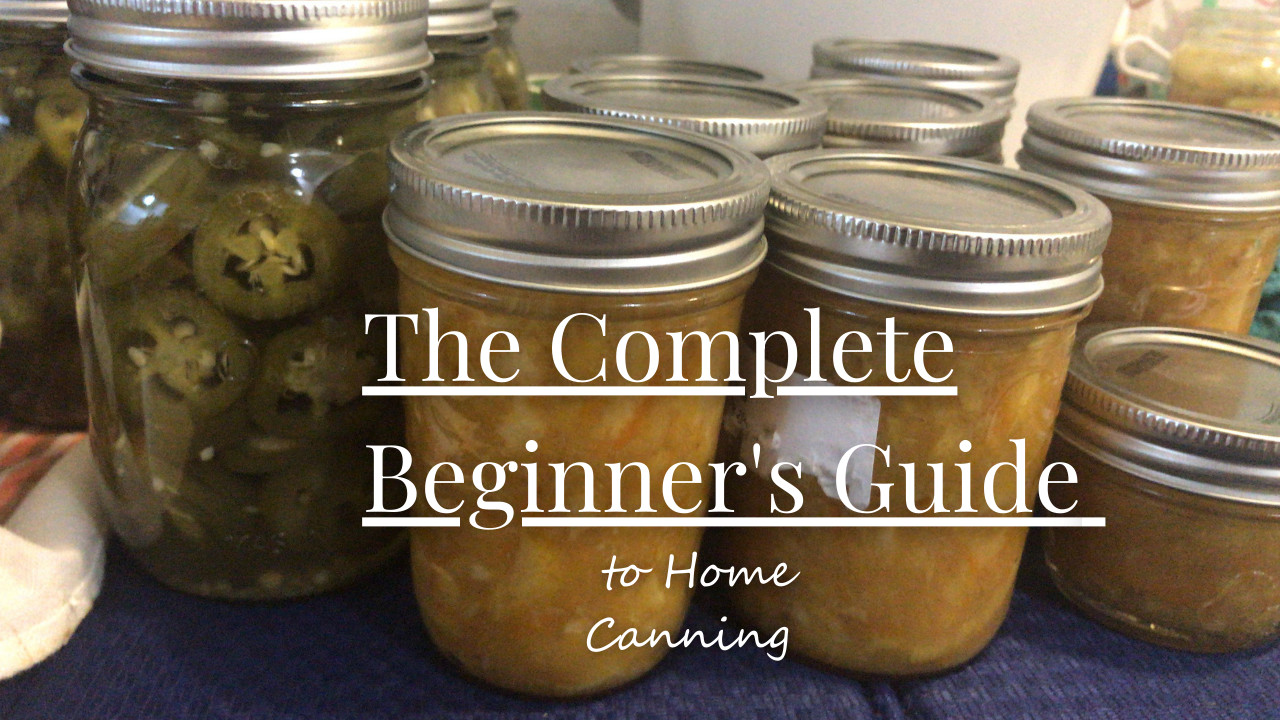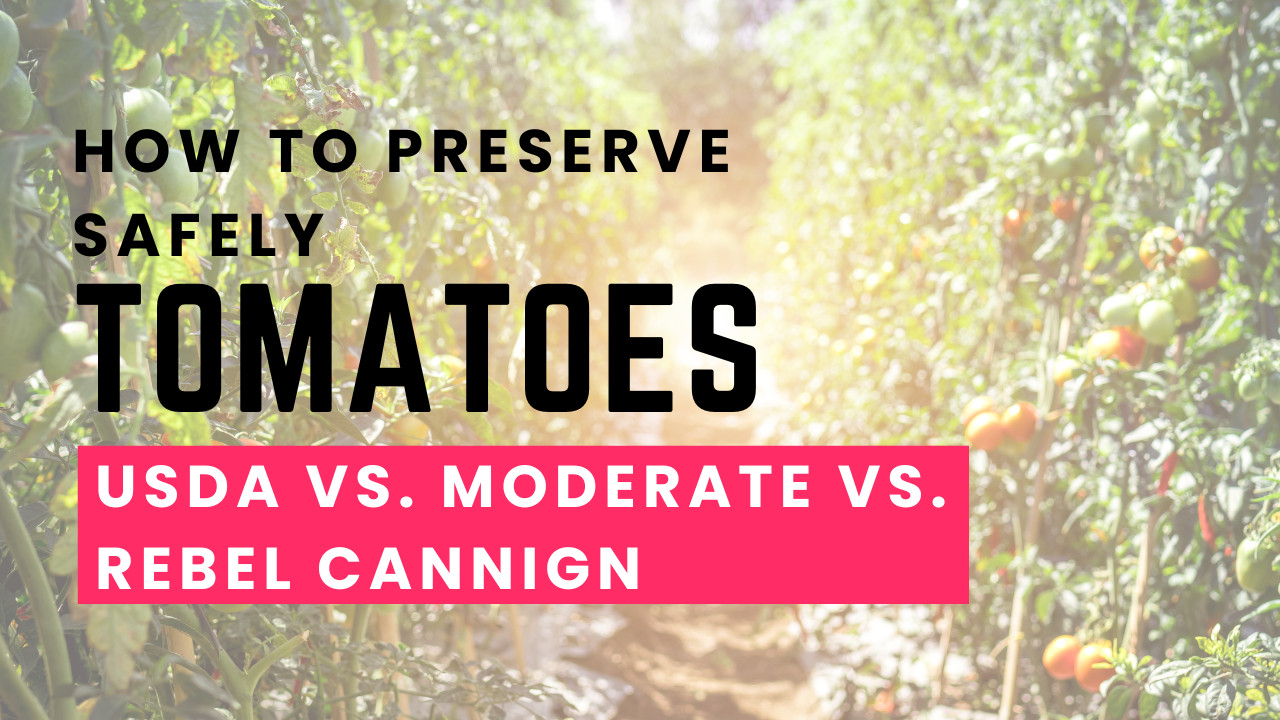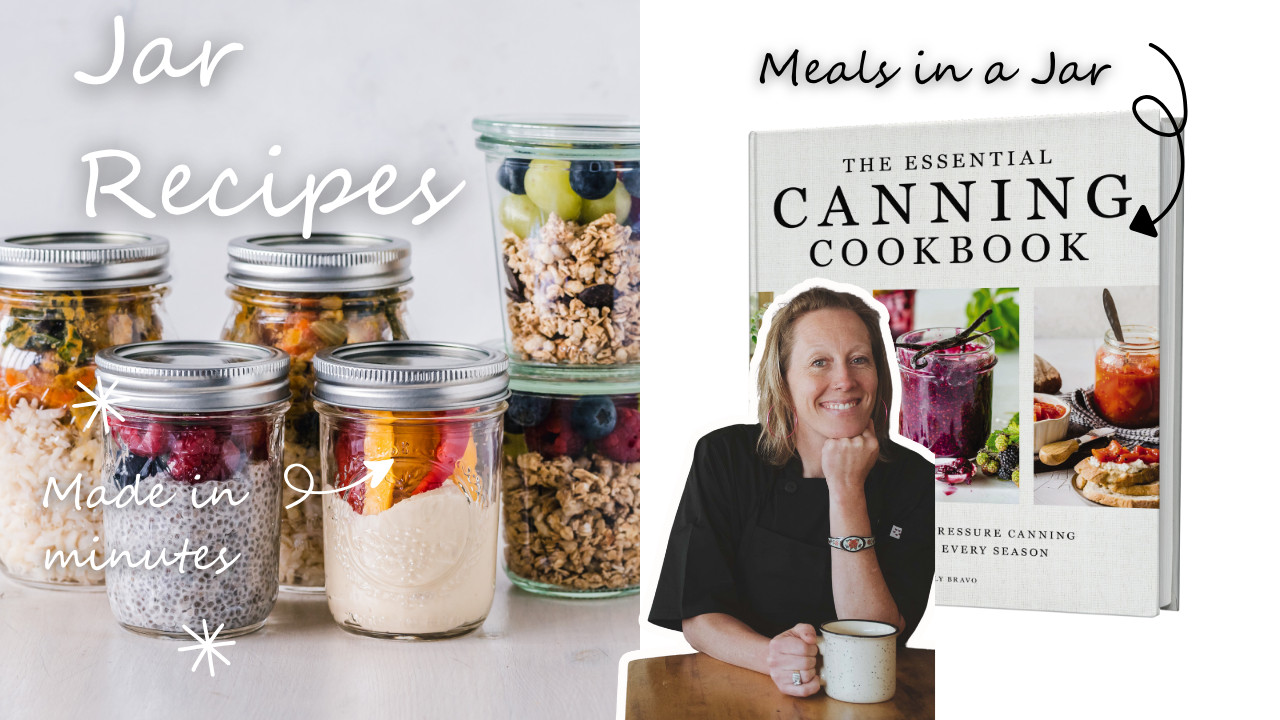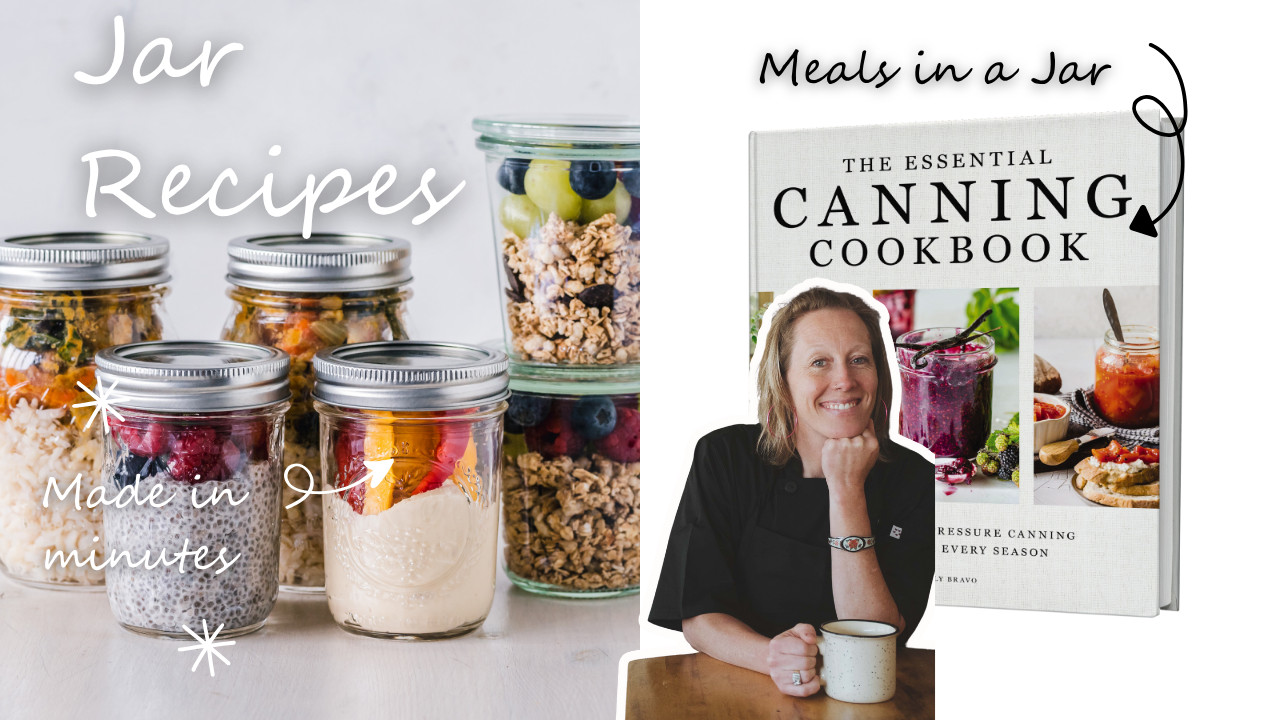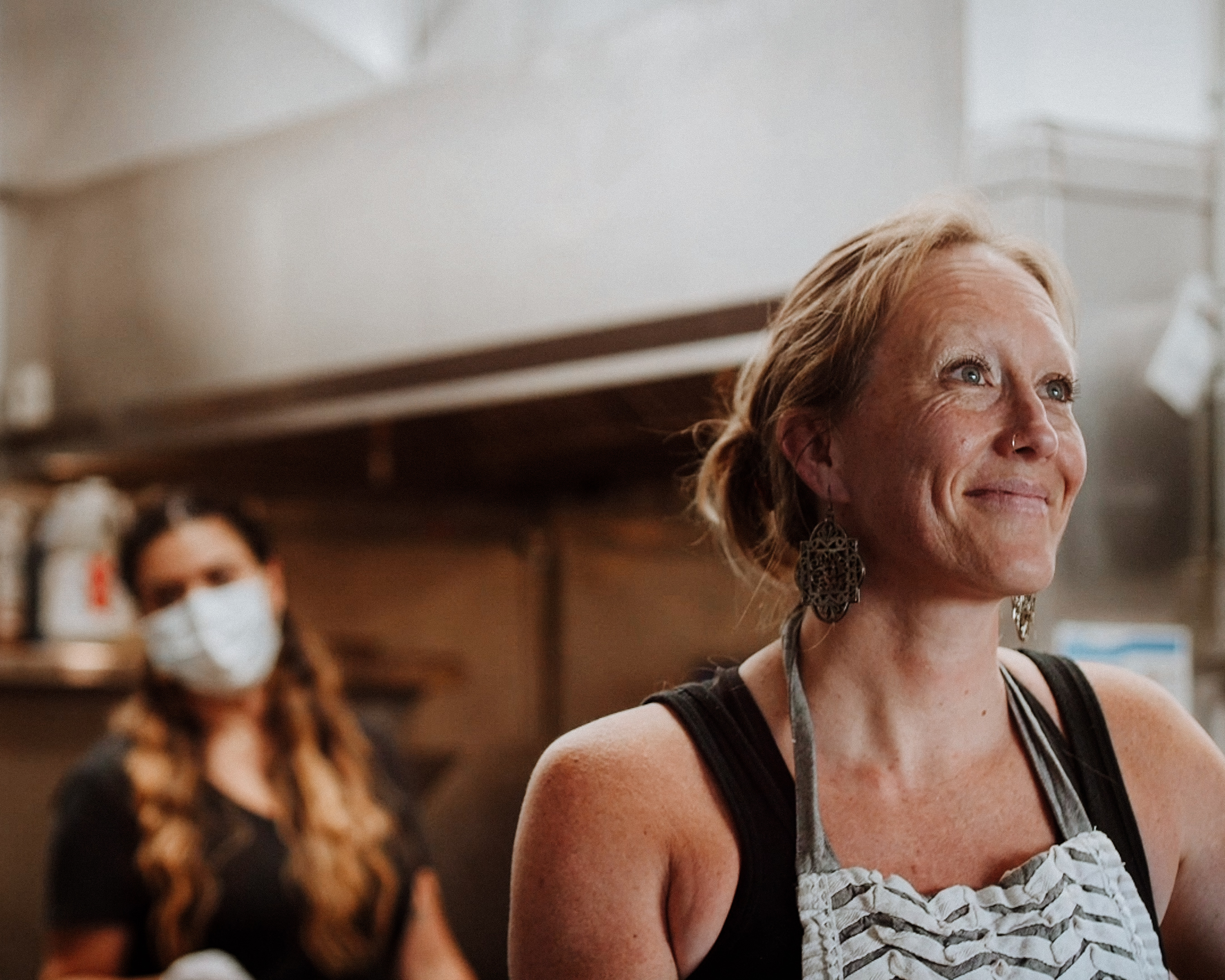
Reclaim Ancestral Food Wisdom & Nourish Your Body Naturally 🍲🌿
In a world of fast food and artificial ingredients, it’s time to return to real, nutrient-dense eating. At Wylder Space, we embrace the Nourishing Traditions approach, inspired by ancestral wisdom and time-honored food preparation techniques.
✨ Learn how bone broth, fermented foods, healthy fats, and properly prepared grains can heal your gut, boost immunity, and restore balance.
✨ Say goodbye to processed foods, industrial seed oils, and artificial additives—and hello to intentional, slow living and true nourishment.
✨ Ready to reconnect with real food and holistic wellness? Join the movement today
✨ Say goodbye to processed foods, industrial seed oils, and artificial additives—and hello to intentional, slow living and true nourishment.
✨ Ready to reconnect with real food and holistic wellness? Join the movement today
Read More & Start Your Journey #NourishingTraditions #RealFood #HolisticHealth #AncestralEating #GutHealth
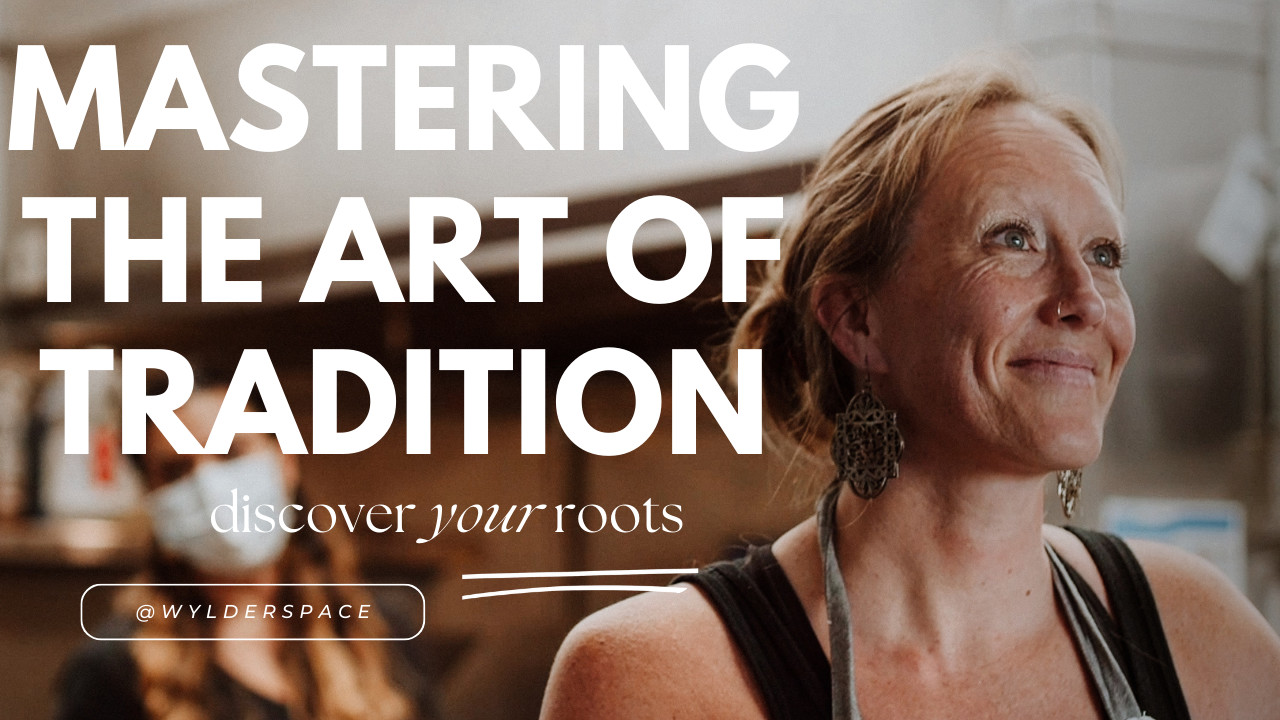
Explore the transformative power of traditional cooking techniques with Wylder Space. Learn the art of sourdough baking, fermenting, and advanced food preservation to reclaim your food sovereignty, elevate flavors, and connect with ancestral wisdom. Join the Real Food Movement, refine your skills, and inspire others through our Nourishing Traditions Course. Start building your legacy today! #WylderHarvest
Read more...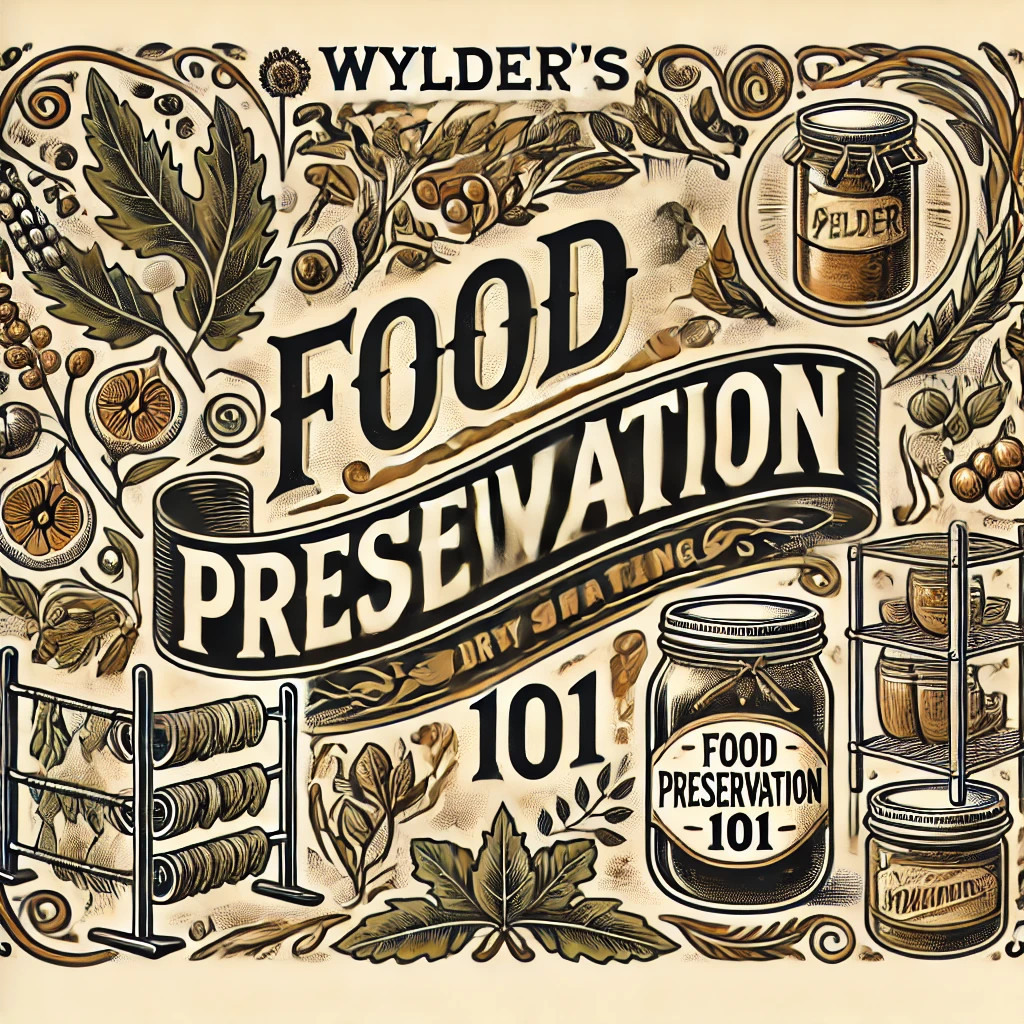
Unlock the secrets of food preservation and reconnect with the traditions that sustained generations before us.
In this guide, you'll learn how to safely can, ferment, and dehydrate your favorite foods, reducing waste and building a pantry full of flavor, health, and resilience.
Whether you're a beginner or looking to deepen your skills, this blog post is packed with actionable steps and practical tips to inspire your journey.
Plus, find out how you can join our Nourishing Traditions Course for live cooking demonstrations every Monday! 🌟
CTA: Read More Now and start preserving your food, your health, and your freedom!
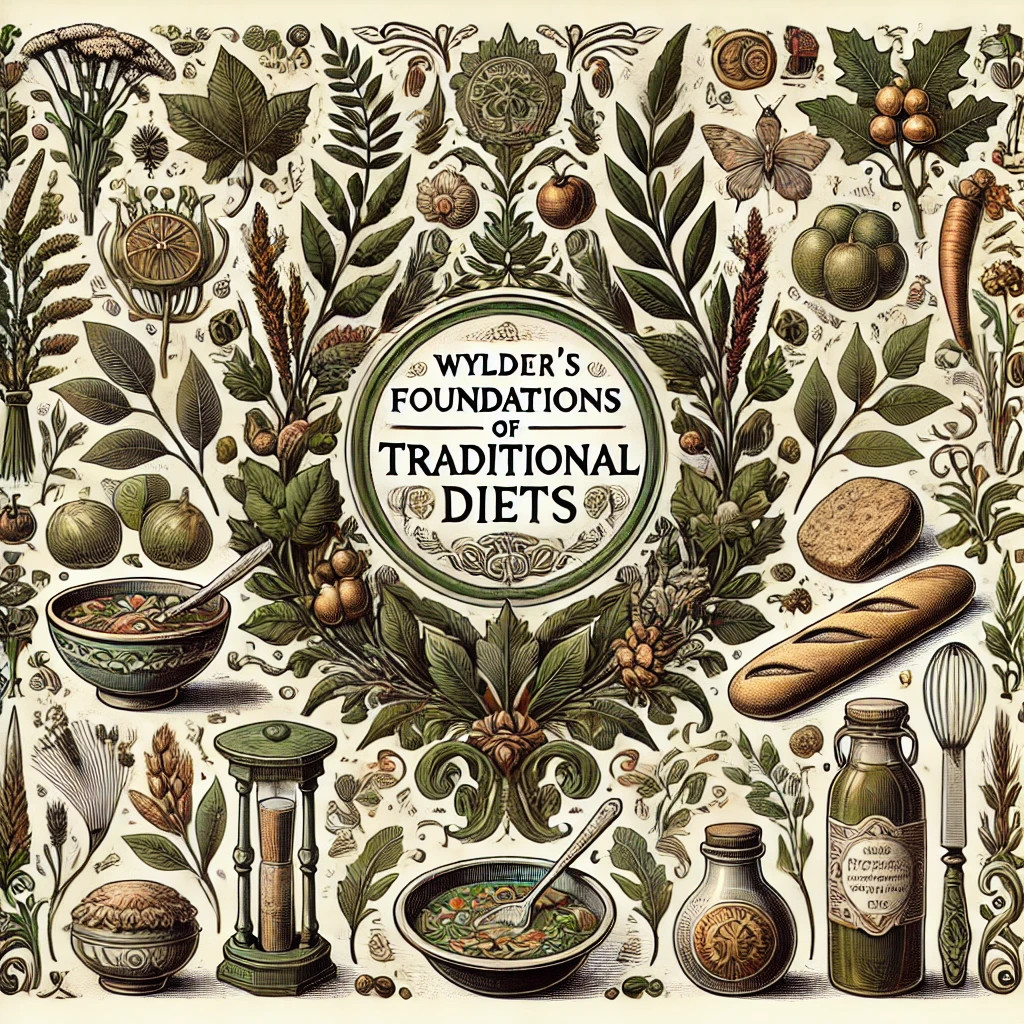
Discover why learning to live off the land like the pioneers is more important than ever. From self-reliance and food preservation to sustainable living and regenerative farming, this blog explores timeless skills that connect you to the earth and prepare you for the unexpected. Join our Back to Basics class and access 40+ cooking videos, expert insights, and a thriving community ready to help you embrace the art of homesteading and off-grid living. Perfect for modern homesteaders, farmers, and anyone seeking to get back to the basics. #SelfReliance #HomesteadingSkills #SustainableLiving
Read more...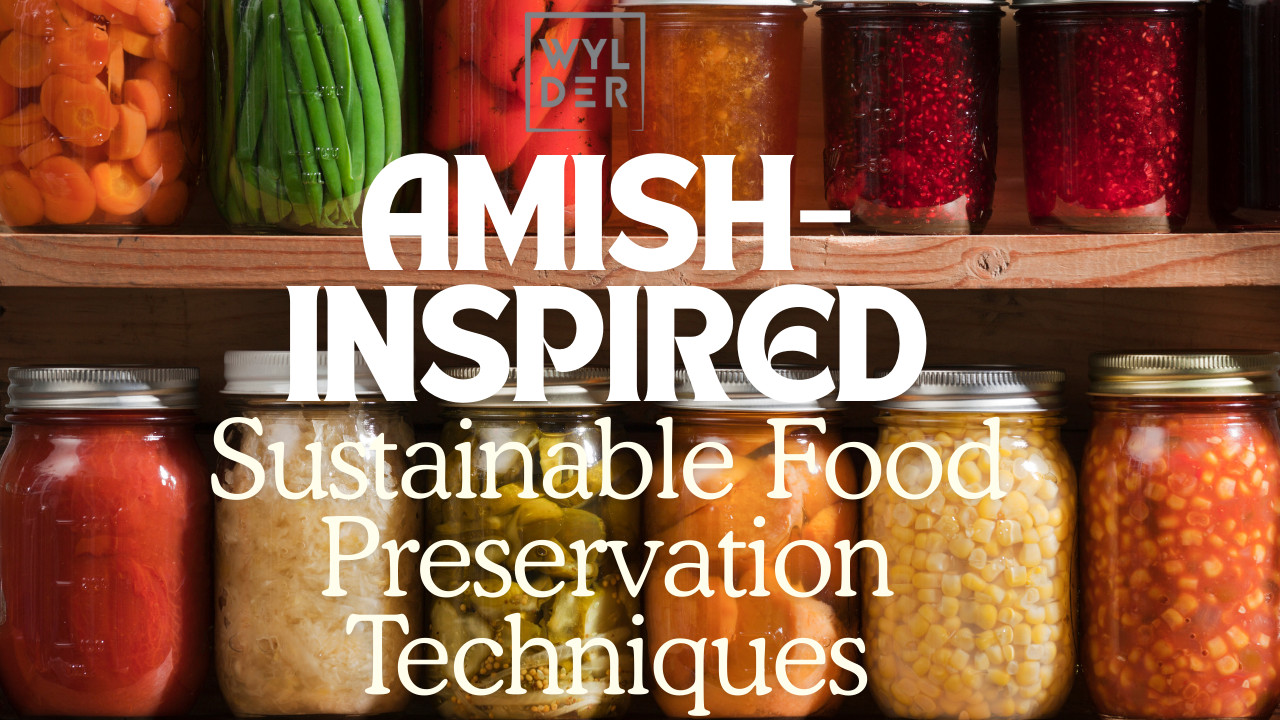
Discover innovative, sustainable food preservation techniques inspired by Amish traditions. Learn canning, fermenting, and eco-friendly practices that enhance health and self-reliance. Join our December 2 course to reconnect with time-honored wisdom. Discover how innovative, sustainable food preservation techniques inspired by the Amish can transform your pantry. Embrace canning, fermenting, and root cellaring for healthier, eco-friendly living. Join our course on December 2 to learn how to preserve food and reconnect with traditional wisdom.







